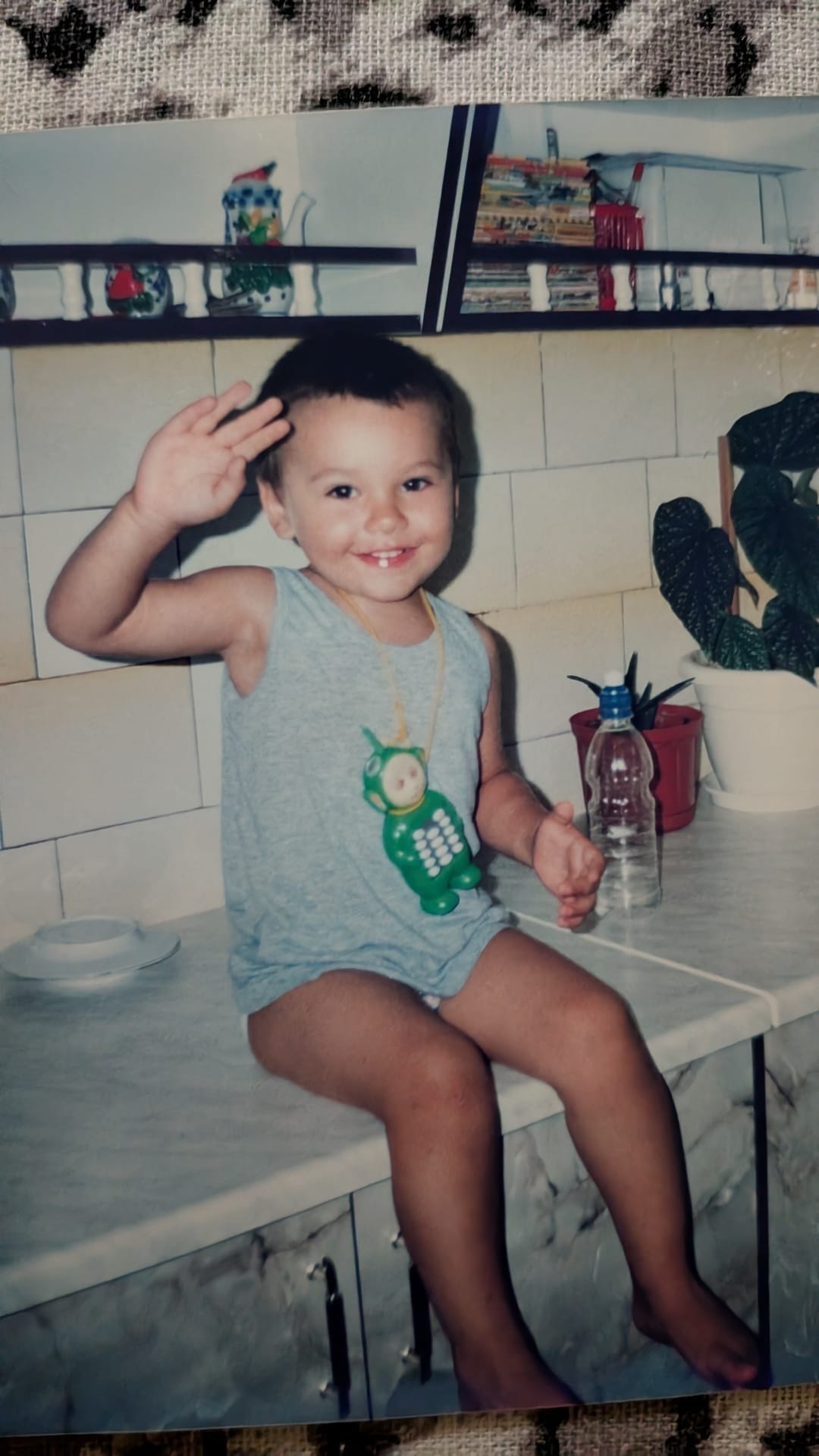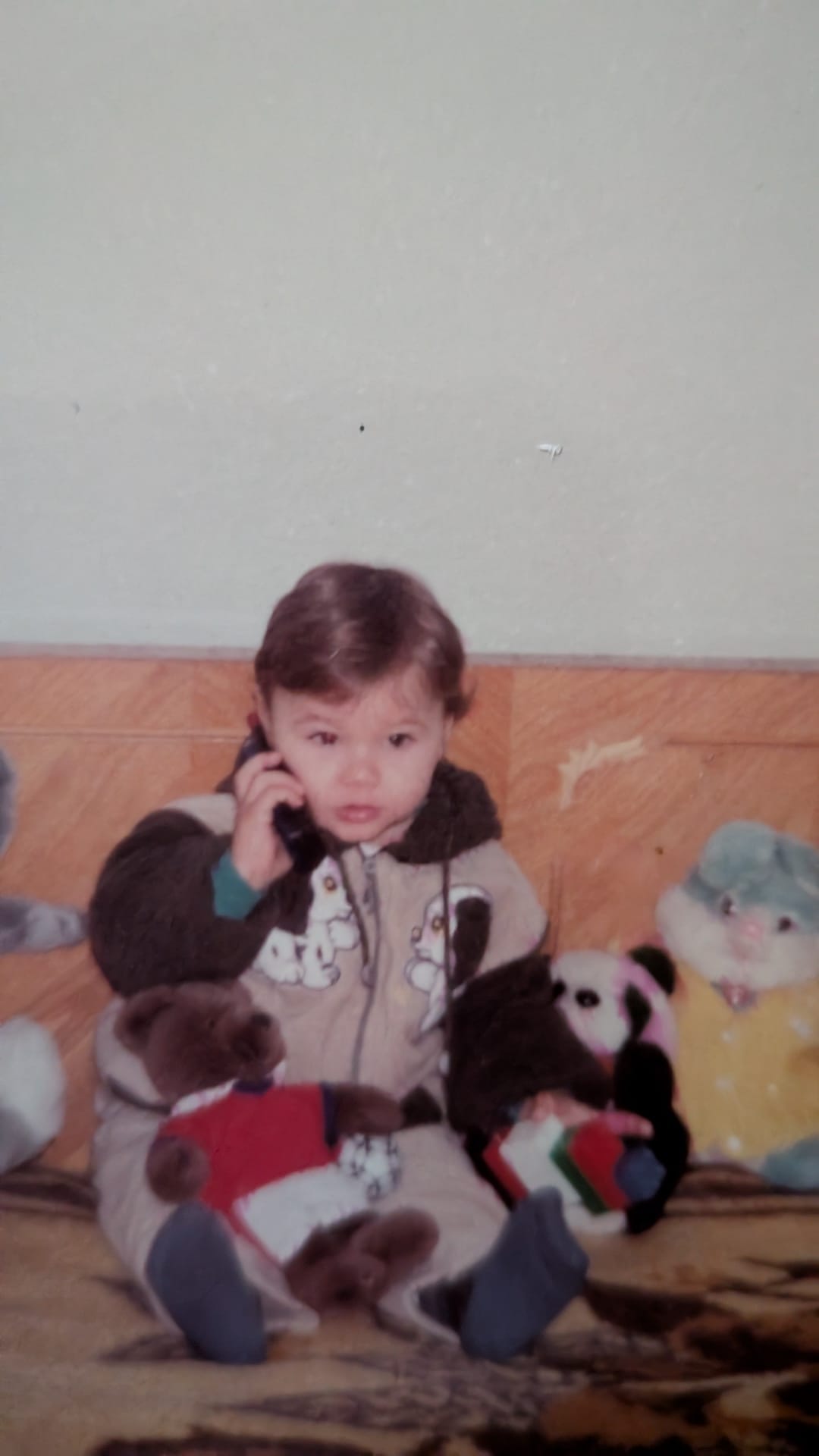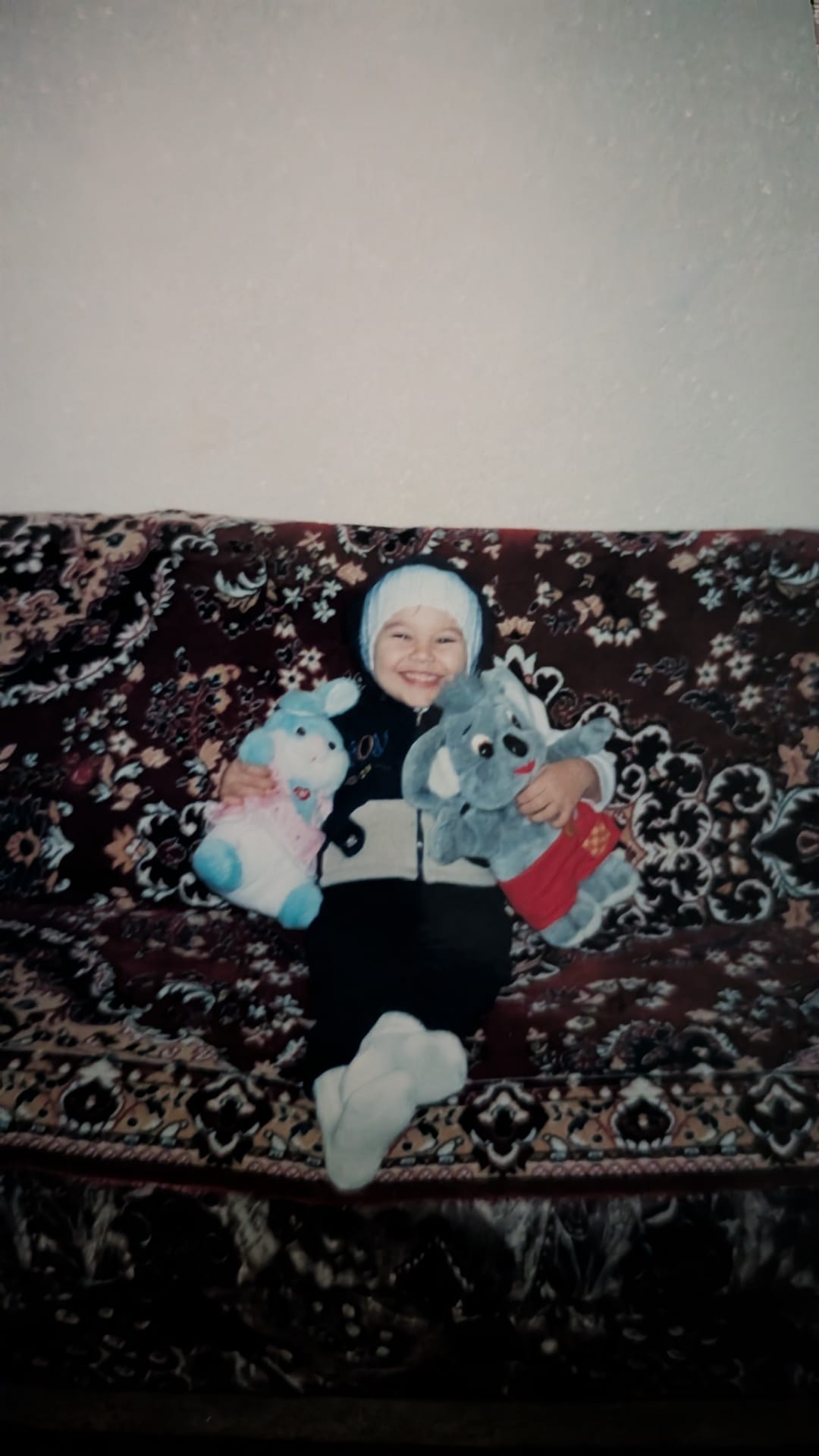I never truly knew what I was afraid of until recently. If someone had asked me before, I probably would have sat in silence, fumbling for an answer. Fear is tricky like that, it often hides behind other emotions, disguised as anger, longing, or even joy.
The realization came to me during a conversation with someone I care about. She confessed that she barely remembered her childhood. I couldn’t believe it. How could you not remember? Childhood memories, I thought, are the foundation of who we are. When she asked me if mine was happy, I answered yes instantly, without hesitation, without even thinking. But later, I began to wonder if that was the whole truth.
Over time, through different conversations, I found myself lying awake at night, drifting back to a certain part of my childhood that felt strangely blurred. It wasn’t that I remembered nothing, it was that my memories weren’t entirely mine. They were patched together from stories told by others, by the “official” version my grandparents gave me.
When I was three, my parents decided to leave the country, to test out a new life abroad. The plan was simple: settle in, get used to the pace, and then return to bring me with them. In the meantime, I stayed with my grandparents. One day my parents were there; the next, they were gone.
I didn’t understand it then. I couldn’t. I was only three. All I knew was that the people I needed most had vanished without explanation. My grandparents later told me how I cried endlessly, day and night, calling for my parents. The games, the toys, the cartoons, all of it meant nothing to me. My mind stayed locked on them, convinced they had forgotten me.
It became my grandparents’ daily task to distract me from my grief.
They did everything they could: telling stories, playing little games, making me laugh. And in the end, that’s what I remembered: the distractions. The moments of laughter. My memory clung to the light they created, while the heavy shadows of those nights blurred and sank deep down.
One moment I do remember, though, is walking in circles around the room, sobbing uncontrollably, begging for my mom and dad to come back. My grandmother, exhausted and desperate, got down on her knees to my level. She started imitating me in a squeaky, high-pitched voice, repeating my cries for my parents. At first I was shocked. Then I laughed. I laughed so hard that it became our nightly ritual: my grandmother mocking my sorrow just to bring me a moment of joy. I remembered the laughter. Not the tears that led to it.
But nothing soothed me more than the phone. Every night, I would take the heavy receiver, dial random numbers, and hope against all odds that my parents would answer. Of course, they never did. Instead, I was greeted again and again by a robotic woman’s voice: “Unassigned number.” I began to dread that voice. It frightened me. I even dreamt of her: this faceless, merciless figure who always stood between me and my parents. She became the villain of my nightmares.
My grandmother, knowing my obsession, sometimes deliberately dialed fake numbers when she knew my parents couldn’t answer, just so I could “try.” Each time, the robot was there, cutting me off. I grew to hate her, and eventually, I stopped trying.
Three months passed. For a child, three months might as well be a lifetime. I adjusted to life without them, though not without scars. But my parents, missing me as much as I missed them, decided they couldn’t stay away. They came back earlier than planned, abandoning their dream of a better life abroad because they couldn’t bear the thought of me growing up without them.
I still remember the night they returned.
I was asleep when the door opened, and with it came something I hadn’t felt in months: the smell of outside. It’s hard to describe, but if you’ve ever been indoors too long, you know it: the cool bite of night air clinging to someone’s clothes, the faint trace of pavement, grass, and travel. People carry the world in with them when they’ve been away, and that night my parents smelled of everything beyond the walls I had been trapped inside. I felt it before I even saw them. They rushed to me in the dark, kissing me, holding me, their touch achingly familiar yet laced with that foreign scent. I drifted back to sleep wrapped in it.
They never went back. They never risked leaving me again. Maybe my life would have been different if they had chosen the other path. Maybe I’d speak another language now, maybe I’d be richer. But I wouldn’t be me. They chose me over comfort, and for that, I will always be grateful.
It took me years to understand what all this had left behind. That period of absence planted something in me, something I carried silently for decades. My greatest fear: abandonment. Was born in those nights. It shaped my choices, my relationships, the way I held on too tightly or pushed people away. I thought I had been a happy child. But beneath the glow of my memories, there was always a shadow.
They say if you want to uncover your deepest wounds, you need to look to the child in you. For so long, I thought that was nonsense. But the other night, when I stumbled into this realization, it felt like solving a puzzle I didn’t even know I was playing.
Fear is the most human thing about us.
It isn’t just an enemy to fight or something to bury: it’s a teacher. Fear shapes us, sharpens us, sometimes even saves us. But it can also trap us, silently steering us until we dare to face it.
And then there is nostalgia. We think of it as sweetness, as longing for a golden past, but the word itself means homesickness. Nostalgia is the brain’s way of protecting us, amplifying the laughter while burying the pain. It softens the edges of trauma, wrapping it in warmth so we can carry it without breaking.
But nostalgia is also a mirror. If you’re willing to dig beneath its glow, to peel back the layers, you might just find the truth waiting for you.






This piece left me breathless. Not because it was loud, but because it whispered truths I hadn’t dared to name. The way fear is portrayed here—not as a monster under the bed, but as a quiet architect of our choices—is devastatingly accurate. It reminded me that the deepest wounds often wear the brightest disguises.
I love this ❤️ thank you for sharing